Understanding How Google Analytics 4 Can Benefit Your business
No matter what your business objectives are, digital analytics is critical for understanding your users and their actions. Analytics help you to optimise your campaigns and make better-informed strategies and decisions.
Keeping up to date with digital analytics is imperative to ensure you have accurate information and user insights. With the launch of Google Analytics 4 now only months away we wanted to write an article to help you better understand what it is and how it can benefit your business.
What is digital analytics and what are its benefits?
- Digital analytics can help you understand how your customers are using your app or website so you can better meet your marketing goals.
- User expectations are rising with regard to privacy online. More global regulations, and decreases in browser support for cookies have made digital measurement much more challenging.
- Google Analytics can help you and your business measure your needs to achieve your business objectives.
Google Analytics 4 (GA4) takes over from Universal analytics in July 2023, but you can get ahead and start to change over to GA4 now.
GA4 has the flexibility to measure many different kinds of data, delivering a strong analytics experience that’s designed for the future. It allows businesses to see unified user journeys across their websites and apps, use Google’s machine learning technology to predict new insights, and most importantly, it’s built to keep up with an everchanging ecosystem.
Universal Analytics offers a variety of privacy controls whereas GA4 is designed with privacy at its core to provide a better experience for its users. It helps businesses meet their needs and user expectations, with more granular controls for data collection and usage.

Importantly, GA4 will also no longer store IP addresses
This is important in today’s data privacy landscape where users are increasingly expecting more privacy protections and control over their data.
GA4 helps you to:
Understand your customers across touchpoints
You are able to get a complete view of the customer lifecycle with an event-based measurement model that isn’t fragmented by platform or organised into independent sessions.
Improve ROI with data-driven attribution
By using the data-driven attribution setting you can analyse the full impact of your marketing across the whole customer journey. It assigns attribution credit where you want it to rather than just to the last click using your Analytics data and helps you understand how your marketing activities collectively influence your conversions. You can export that analysis to Google Ads and Google Marketing Platform media tools to optimise campaigns.
Measure engagement and conversions with business and compliance needs in mind
With new country-level privacy controls, you can manage and minimise the collection of user-level data, like cookies and metadata while preserving key measurement functionality.
Get greater value from your data
Machine learning generates sophisticated insights about user behavior and conversions. It creates new audiences of users likely to purchase or leave and automatically shows critical insights to improve your marketing.
Easily activate your insights
Integrations with other Google products, like Google Ads, work across your combined web and app data, making it easy to use Analytics insights to optimise your campaigns.
Address your enterprise measurement needs
The new sub and roll-up properties in Analytics 360 allow you to customise the structure of your GA4 properties to meet data governance needs. This ensures that different teams or partners, like advertising agencies, can access the data they need in accordance with your policies.
Remember: Each property should represent a specific user base
You should use separate properties to collect data from each user base you’re interested in understanding better, for example, a specific brand or region. If data will be analysed together (product line, brand, application), that data should be in one Analytics property.
If you are already using Universal Analytics to track events on your website, you can set up a new GA4 property and continue to use your existing Universal Analytics property. By doing this you’ll be able to take advantage of all GA4’s features and start collecting data with existing property remaining the same. It’s best to use the GA4 properties alongside the existing properties you use in Universal Analytics right away, taking advantage of the most up to take features and beginning to collect data for the future.












